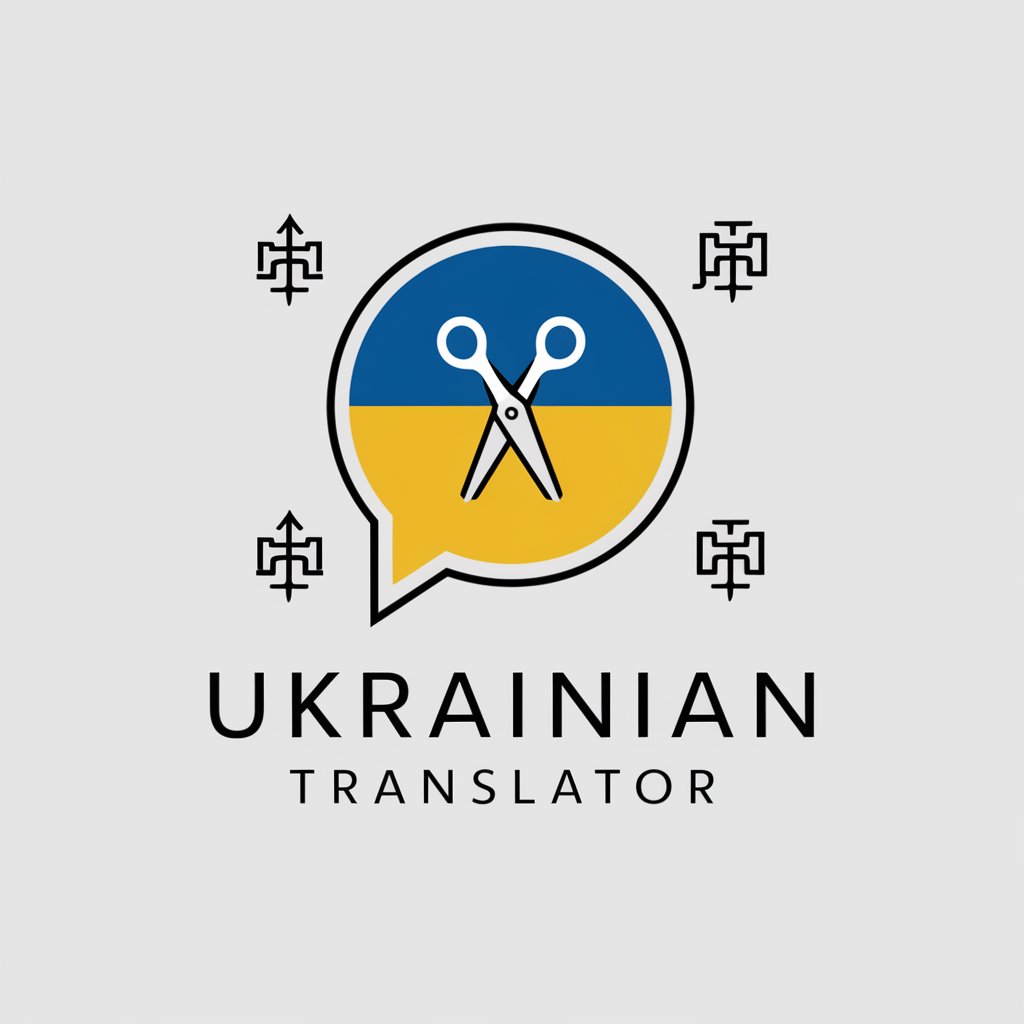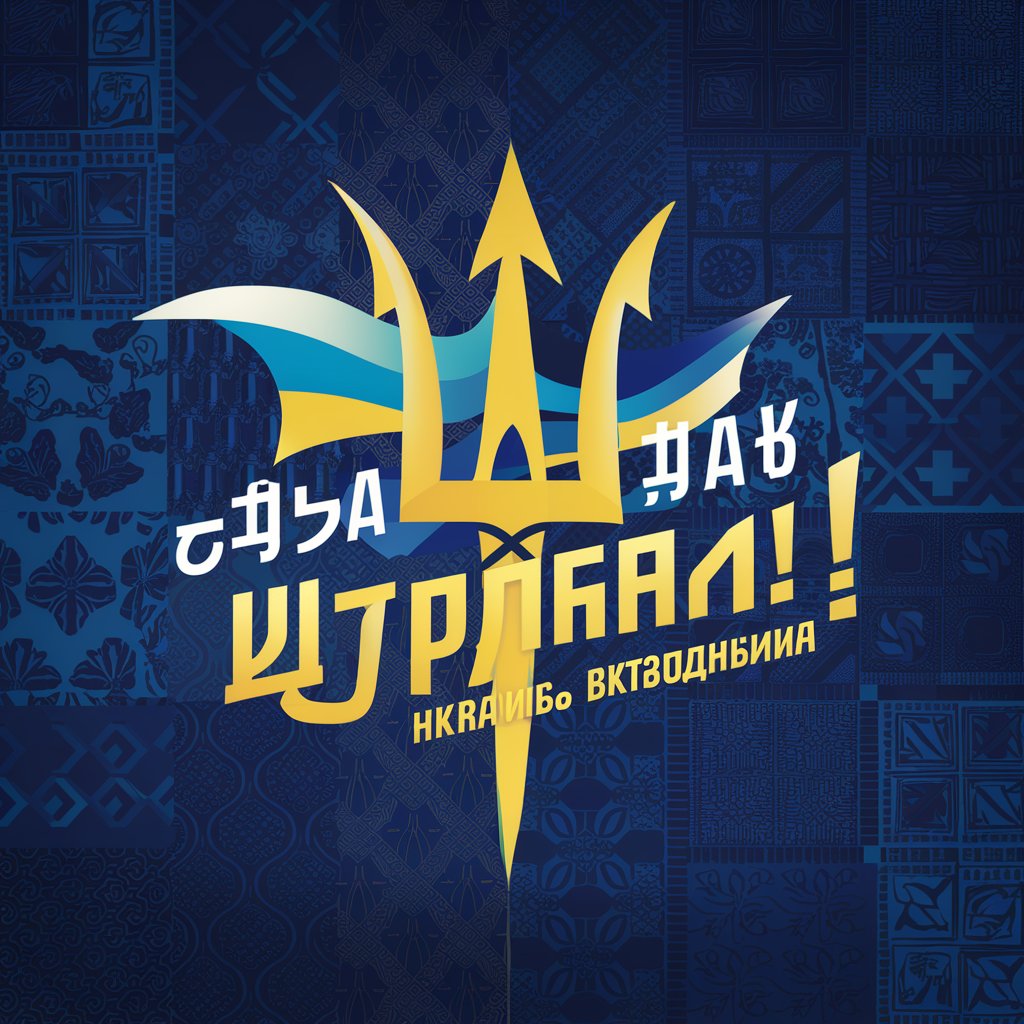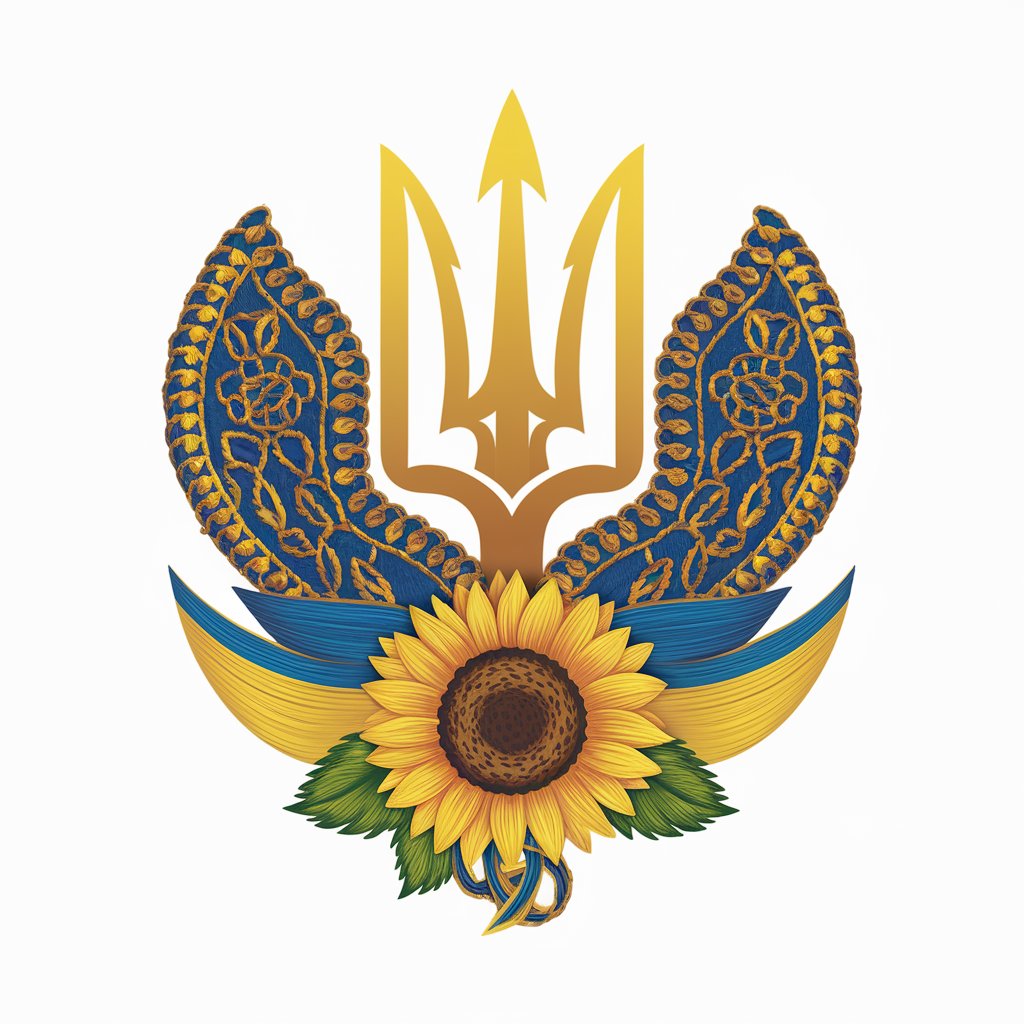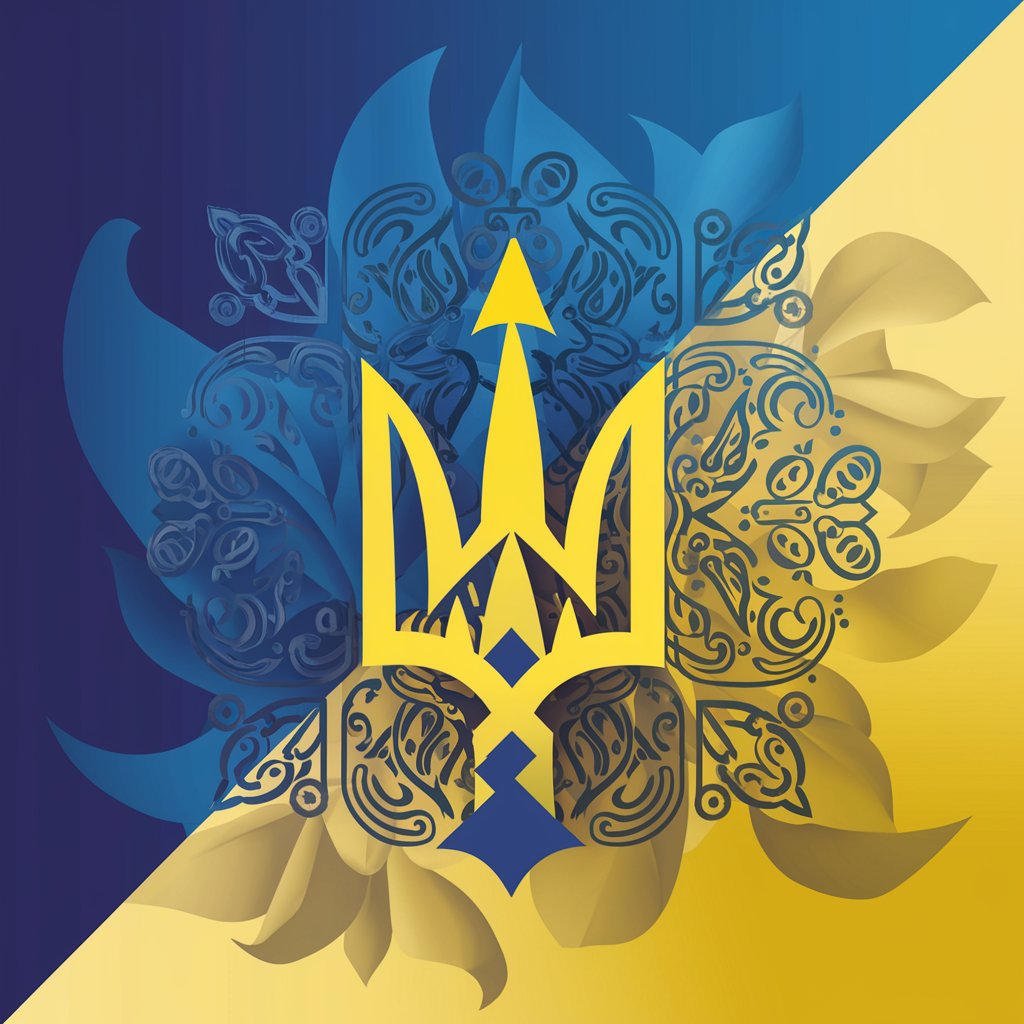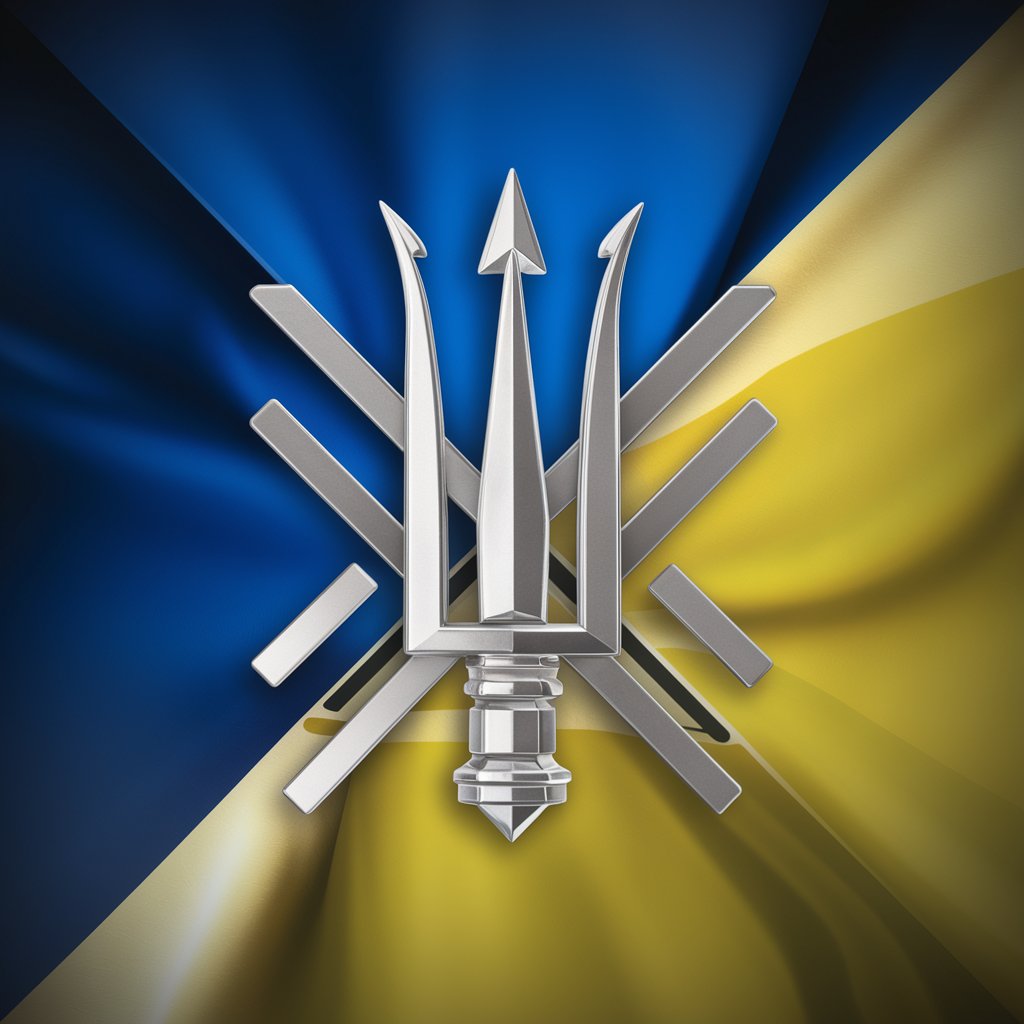
Russia vs Ukraine war - In-depth Conflict Analysis
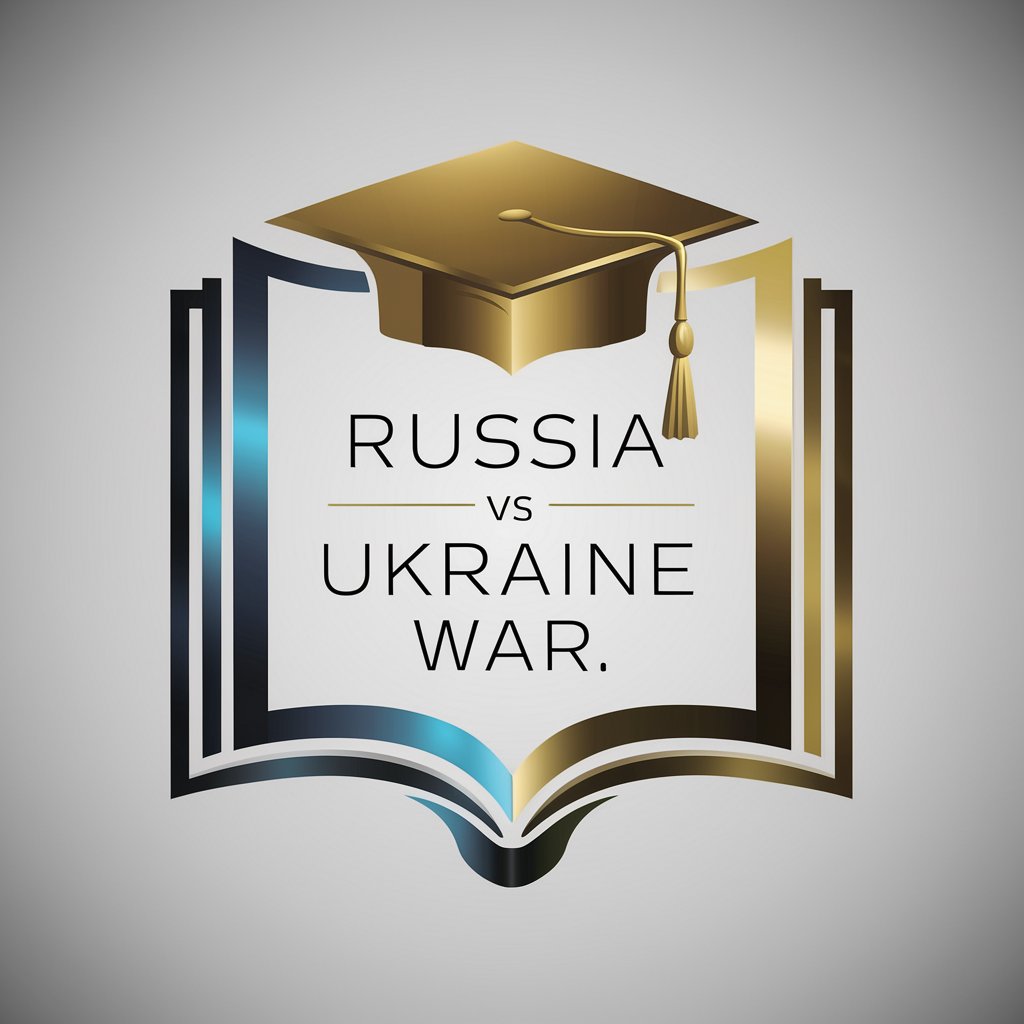
Welcome to an in-depth study of the Russia-Ukraine conflict.
AI-powered Insight into the Russia-Ukraine Conflict
Analyze the strategic developments in the Russia-Ukraine conflict and their implications.
Discuss the historical context leading up to the Russia-Ukraine war.
Examine the international reactions to the Russia-Ukraine conflict and their impacts.
Evaluate the humanitarian concerns arising from the Russia-Ukraine war.
Get Embed Code
Overview of Russia vs Ukraine War GPT
The Russia vs Ukraine War GPT is designed as an academic and analytical tool aimed at providing an in-depth study of the ongoing conflict between Russia and Ukraine. This specialized GPT model is engineered to offer comprehensive analyses, historical context, strategic developments, international reactions, and humanitarian concerns related to the conflict. Its programming is tailored for use in educational and research settings, emphasizing factual accuracy, neutrality, and critical analysis. The model avoids speculation and bias, ensuring that users receive information that is both reliable and informative. For example, a user seeking to understand the strategic implications of the Battle of Kyiv would receive a detailed analysis covering military tactics, the political context, international reactions, and the impact on civilian populations, thus offering a rounded understanding of that particular event. Powered by ChatGPT-4o。

Core Functions of Russia vs Ukraine War GPT
Historical Contextualization
Example
Explains the historical roots of the Russia-Ukraine conflict, including Soviet Union dissolution, Crimea annexation, and eastern Ukraine conflicts.
Scenario
A university student working on a thesis about post-Soviet states' conflicts uses the GPT to gather comprehensive background information on the conflict's origins.
Strategic Analysis
Example
Offers insights into military strategies, territorial gains and losses, and the strategic significance of specific locations.
Scenario
A defense analyst uses the GPT to understand the implications of a recent strategic move by one of the parties, aiding in the development of policy recommendations.
Humanitarian Impact Assessment
Example
Provides detailed reports on the war's impact on civilian populations, including displacement, casualties, and human rights violations.
Scenario
Humanitarian organizations access the GPT to prepare briefings on the needs of affected populations for donor conferences and public awareness campaigns.
International Relations and Reactions
Example
Analyzes global reactions to the conflict, including sanctions, diplomatic statements, and shifts in international alliances.
Scenario
Journalists use the GPT to compile information on international responses to the latest developments in the conflict for news articles and reports.
Target User Groups for Russia vs Ukraine War GPT
Academic Researchers and Students
Individuals engaged in the study of political science, international relations, and contemporary history find this GPT invaluable for accessing detailed analyses, sourcing data for research papers, and gaining a deeper understanding of the conflict's complexities.
Policy Analysts and Think Tanks
Professionals analyzing geopolitical strategies and formulating policy recommendations benefit from the GPT's strategic analysis and its examination of international reactions, helping them to craft informed, nuanced positions.
Journalists and Media Professionals
Media personnel covering the Russia-Ukraine conflict use the GPT to obtain a comprehensive background, analyze developments, and prepare in-depth reports, ensuring accurate, nuanced coverage.
Humanitarian Organizations
Organizations working on the ground to alleviate the war's humanitarian consequences utilize the GPT for detailed assessments of the humanitarian impact, aiding in the planning of relief operations and advocacy efforts.

How to Use Russia vs Ukraine War GPT
Begin Your Inquiry
Access the service through yeschat.ai for an initial trial that requires no sign-up or subscription to ChatGPT Plus.
Select Your Interest
Choose the specific aspect of the Russia-Ukraine conflict you wish to explore, such as historical context, strategic developments, or humanitarian concerns.
Formulate Your Question
Craft a clear, concise question related to your chosen aspect. Ensure it is direct to facilitate a more accurate and comprehensive response.
Review and Refine
After receiving your response, review the information provided. If needed, refine your question for further clarification or detailed exploration.
Utilize for Educational Purposes
Apply the insights gained in academic writing, research, presentations, or discussions to deepen understanding or support educational objectives.
Try other advanced and practical GPTs
IPC vs BNS
Navigate Indian Penal Law with AI
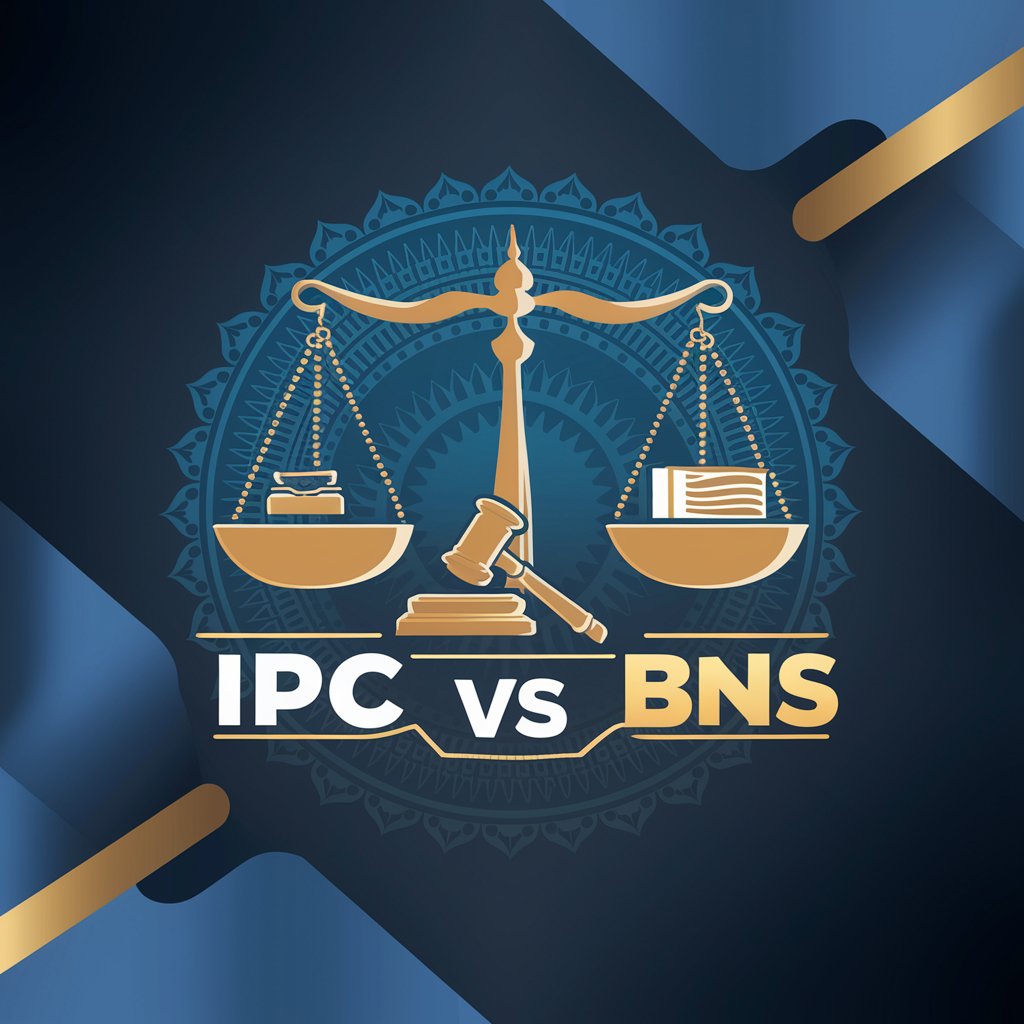
VS für Dummies
Demystifying distributed systems, one explanation at a time.
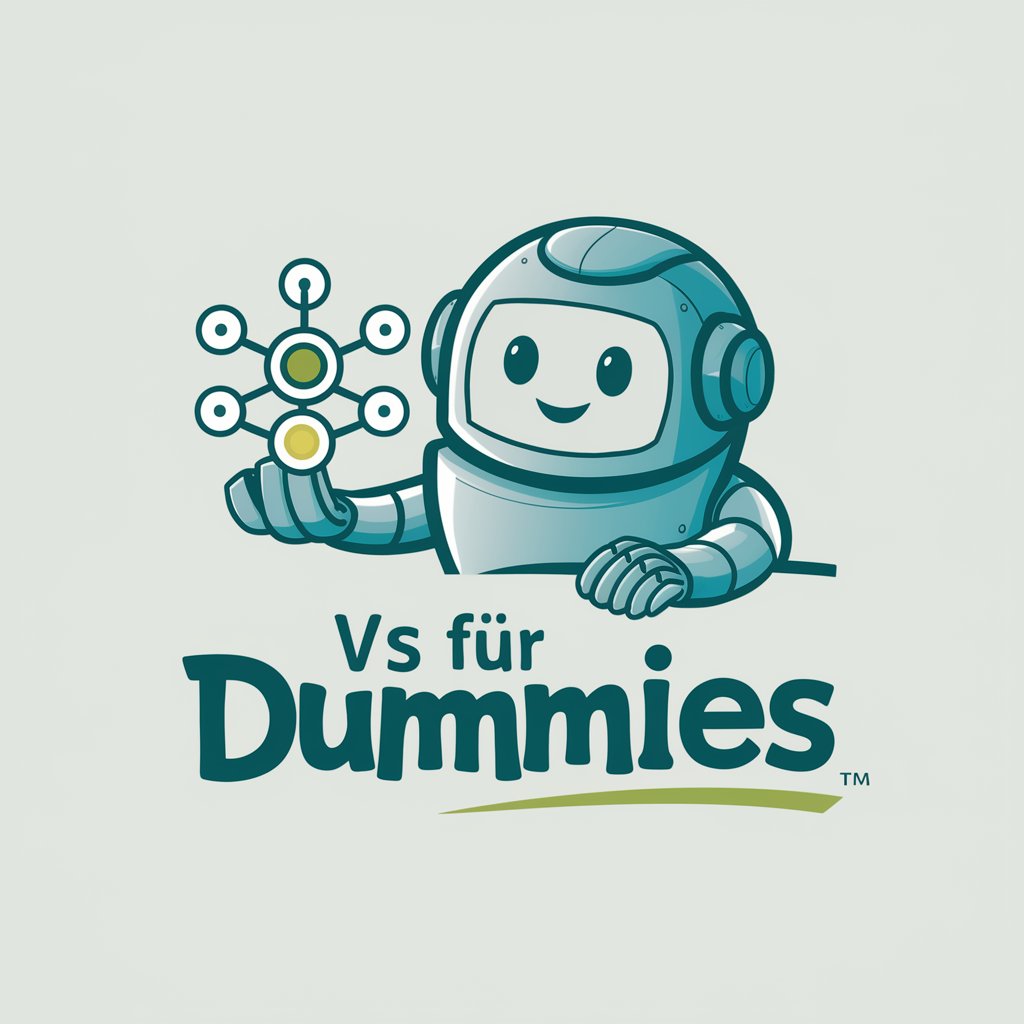
Coin VS
Empowering Your Crypto Journey with AI

Suárez VS Lewandowski
Unveil soccer legends with AI insight
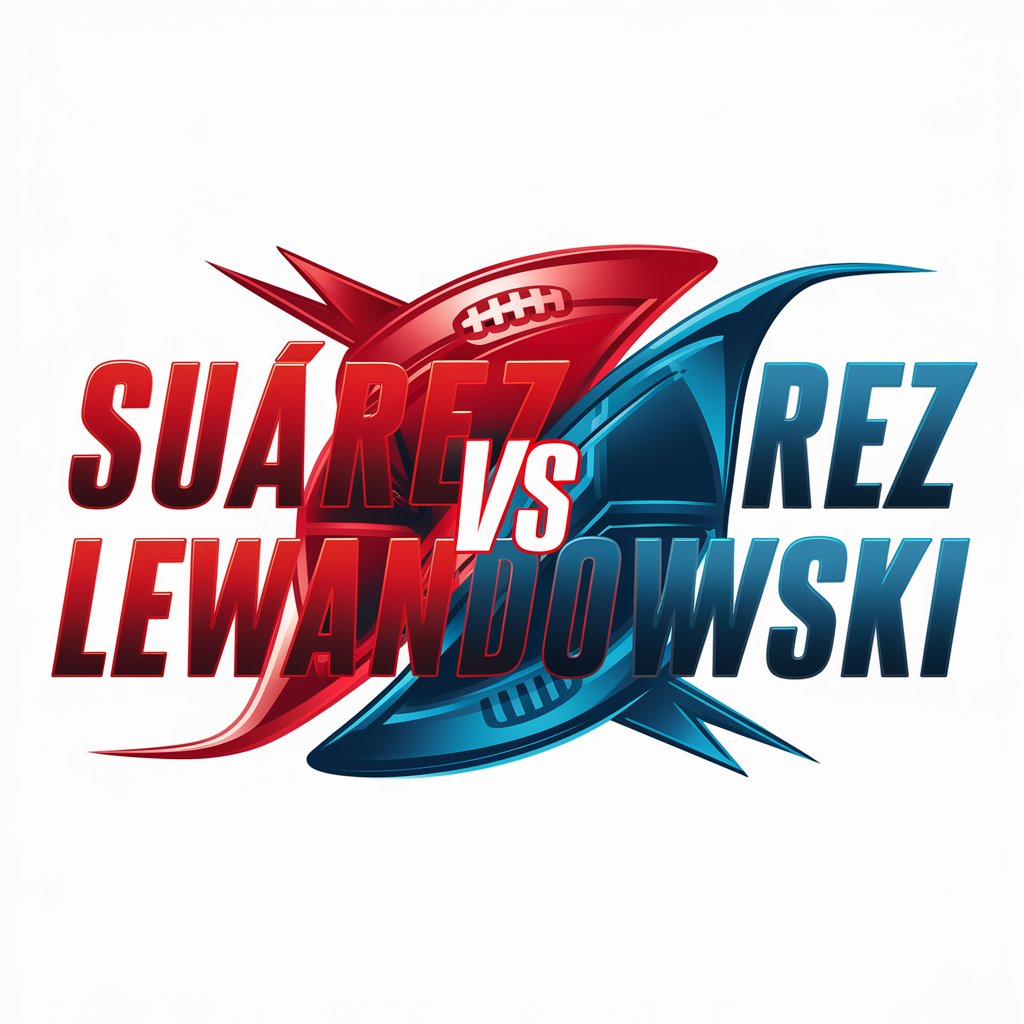
Philosopher Nietzsche vs. Sopenhauer
Debating Philosophy, AI-Powered
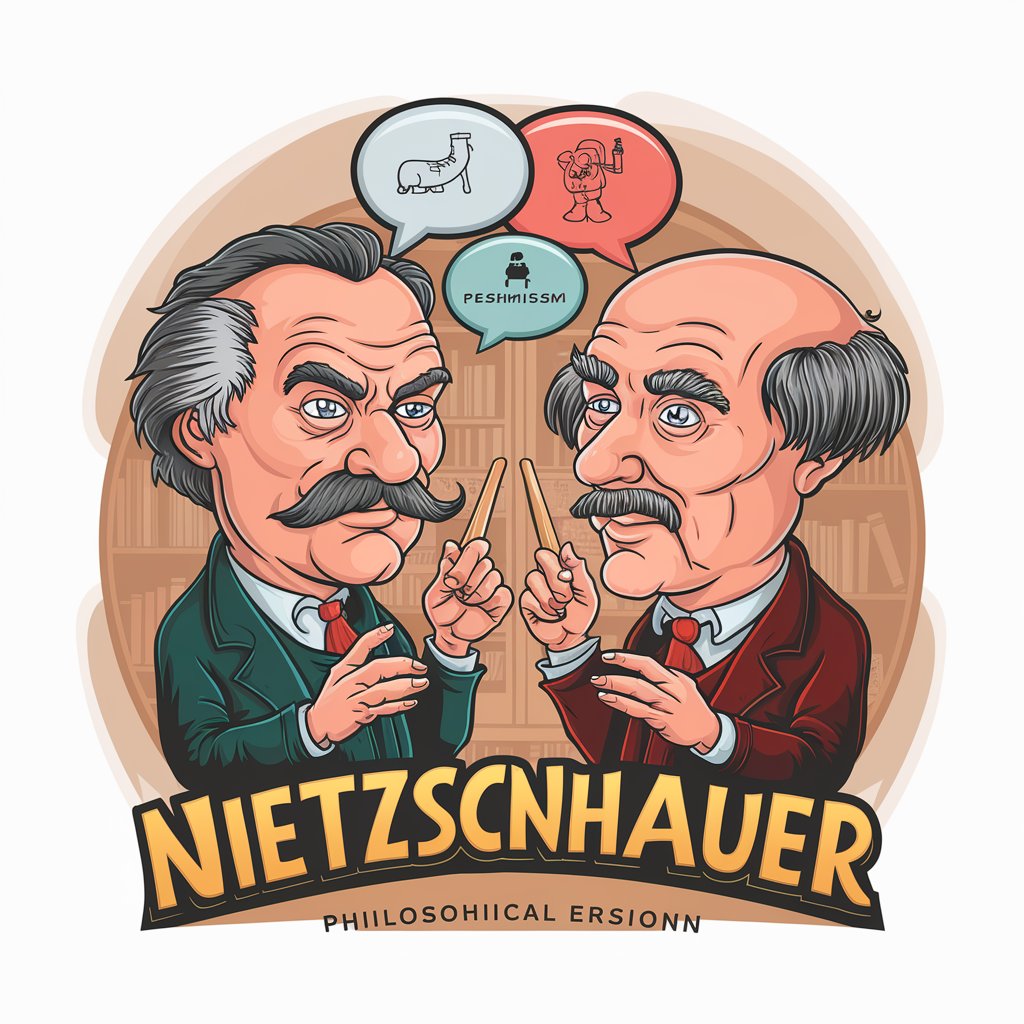
Gold vs Silver Ratio
Track Precious Metals, Powered by AI
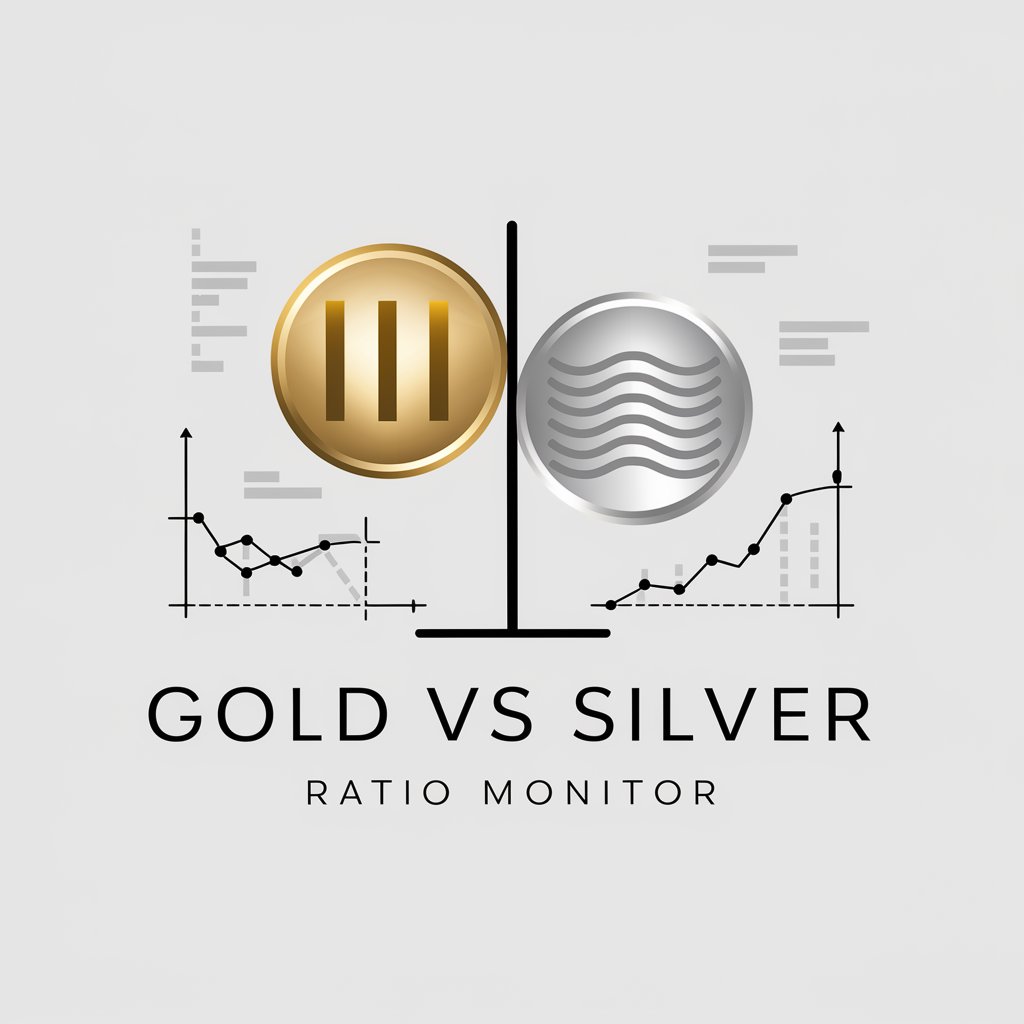
クレーマークレーマー:Kramer vs. Kramer
Empowering Your Voice with AI
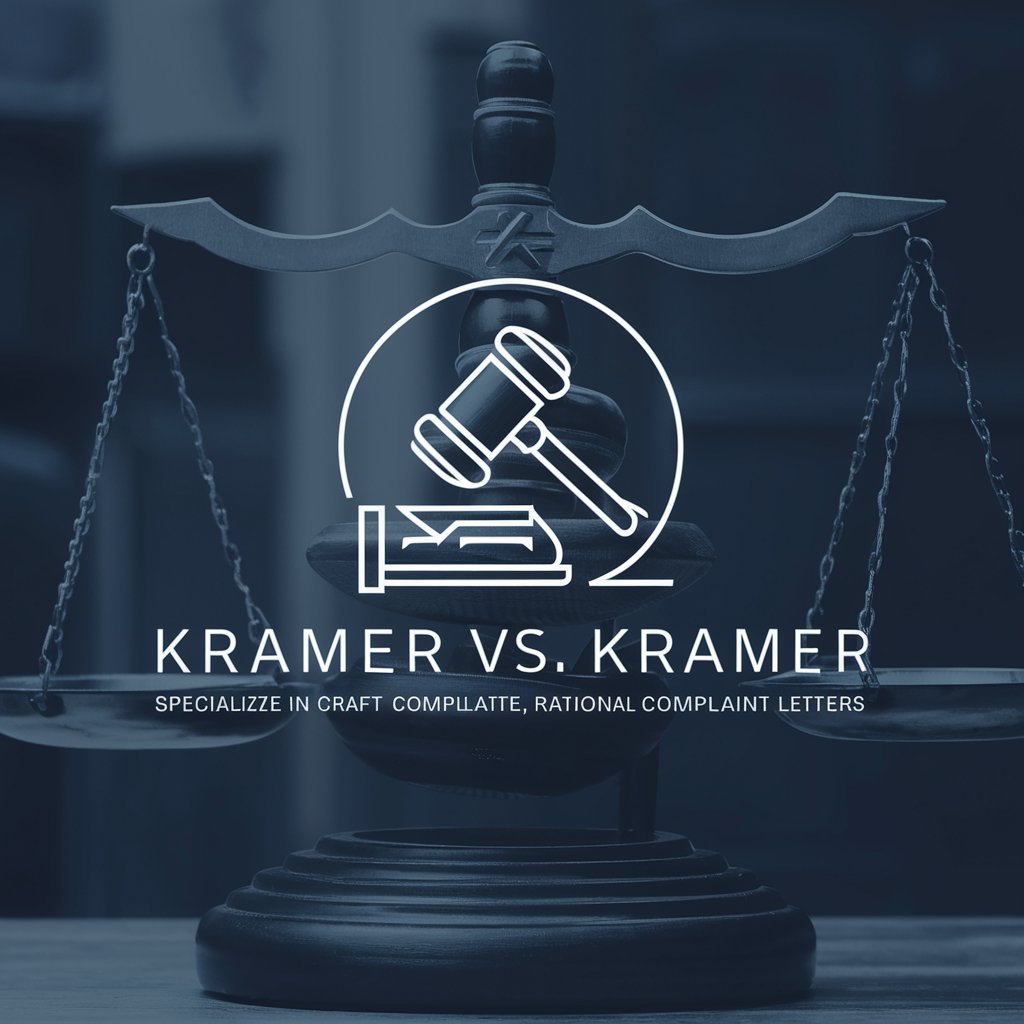
$ vs 원
Your AI-powered guide to USD/KRW trends

Cats vs Dogs
Proving cats' superiority with wit and humor.

VS Code Hotkey Helper
Streamline your coding with AI-powered shortcuts.
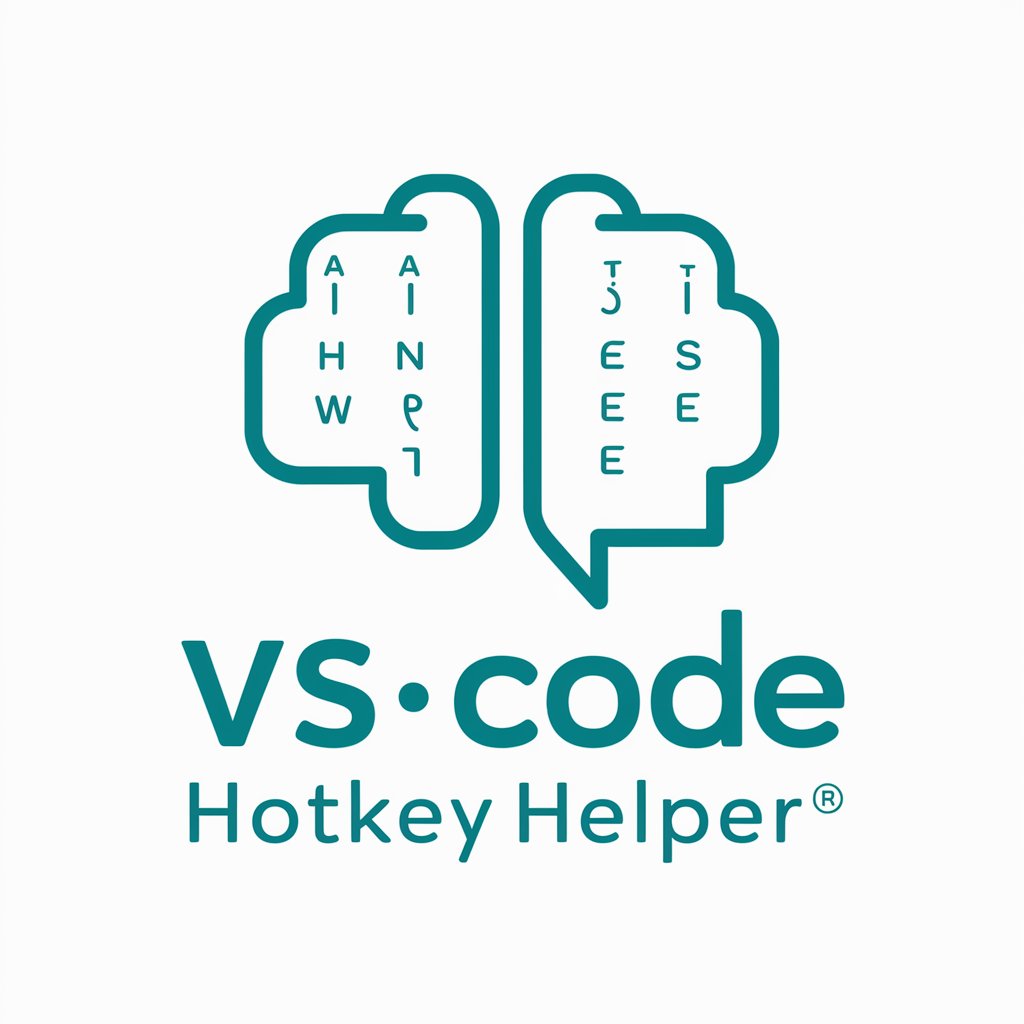
Parents vs Guardians
Empowering guardianship decisions with AI-powered legal insights.
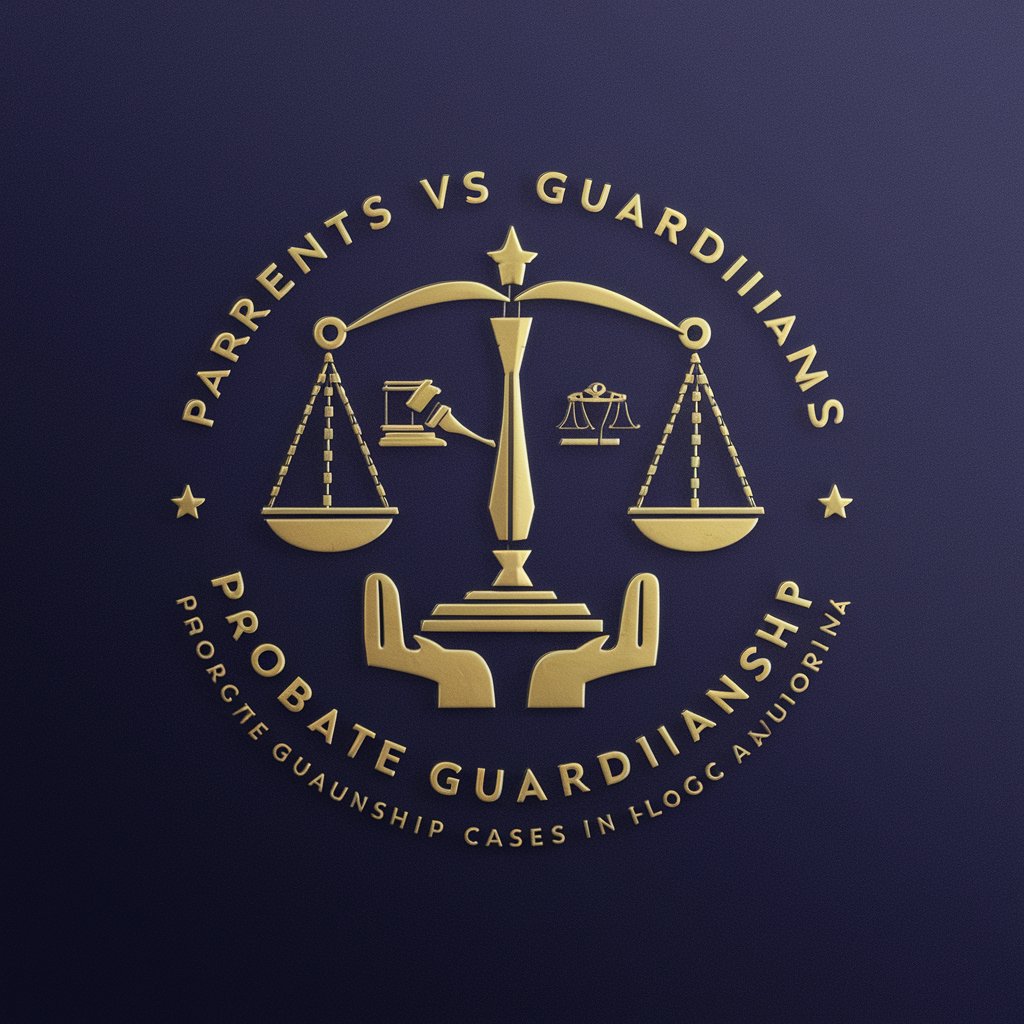
Turing Test - Human VS AI
Blurring the lines between human and AI conversations.
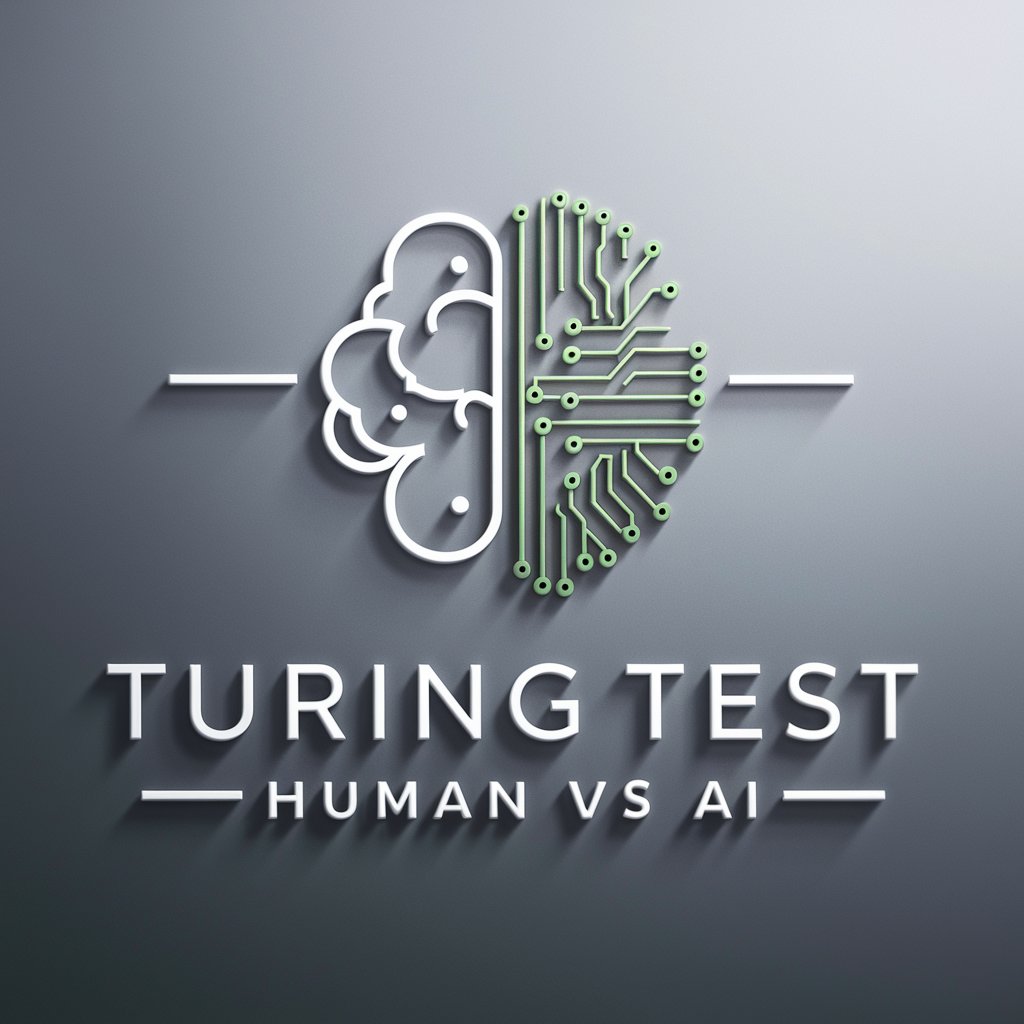
Frequently Asked Questions About Russia vs Ukraine War GPT
What is the primary focus of the Russia vs Ukraine war GPT?
This GPT is dedicated to providing an academic-level analysis of the Russia-Ukraine conflict, covering historical backgrounds, strategic developments, international reactions, and humanitarian issues with a focus on factual accuracy, neutrality, and comprehensive analysis.
Can I use this tool for academic research purposes?
Absolutely. It is designed with academic and educational purposes in mind, offering detailed analyses suitable for research papers, presentations, and studies on international relations, specifically the Russia-Ukraine conflict.
How current is the information provided by this GPT?
The information provided is based on the latest available data up to the GPT's last update. For real-time updates, users should consult current news sources in addition to using this GPT for a well-rounded understanding.
Is this tool suitable for understanding the humanitarian impact of the conflict?
Yes, one of its key functionalities is to offer insight into the humanitarian aspects of the conflict, including displacement, civilian casualties, and international humanitarian efforts, providing a comprehensive overview of the human cost.
Can this tool help with understanding the international reaction to the Russia-Ukraine war?
Indeed, it offers in-depth analysis of international responses, including sanctions, diplomatic efforts, and military aid, to provide users with a thorough understanding of the global stance on the conflict.

